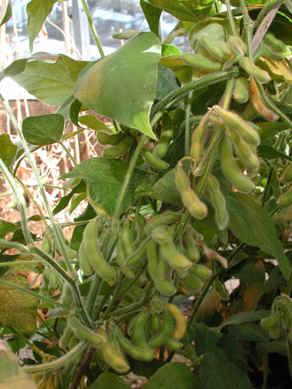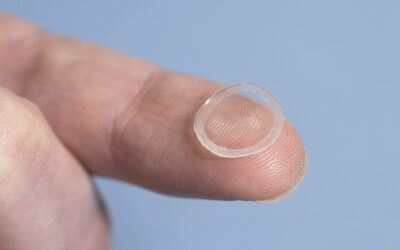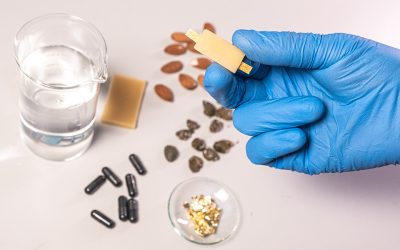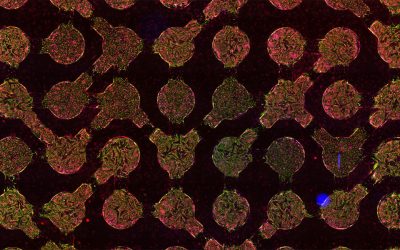Transgenic soybeans, like many other much maligned transgenic crops, have found people very lukewarm about their usage as food. So should we just throw them away? Fear not, because researchers at Beijing University of Chemical Technology, lead by Prof. Liqun Zhang, now show, in a paper published in the Journal of Applied Polymer Science, another use for transgenic soybeans: aides in plastics manufacturing.
Prof. Zhang and his lab have determined that a byproduct of the transgenic soybeans, soybean oil, can be used effectively as a plasticizer. A plasticizer is a substance used in plastics manufacturing to blend with a base polymer, to achieve a more fluid (and in the end more flexible and ductile) plastic material. A plastic material which includes a certain amount of plasticizer will last longer typically as it will be less subject to cracks.
Typically, plasticizers are petroleum-derived, thus not renewable. Often they are also controversial: phthalate plasticizers for PVC (polyvynil chloride), for example, are known to be harmful to humans.
In this case, Prof. Zhang and coworkers have substituted a bog-standard petroleum-derived plasticizer (paraffin oil) with transgenic soybean oil, in the manufacturing of rubber compounds. They have discovered that, using the soybean byproduct, they can produce rubber with better mechanical properties than they would have using paraffin oil.
This is of course useful to make all sorts of rubber products for automotive, roofing, solar panel heat collectors. and many more. And you are guaranteed that the transgenic crop will not end up on your plate, unless the plate itself happens to be made of rubber.


















